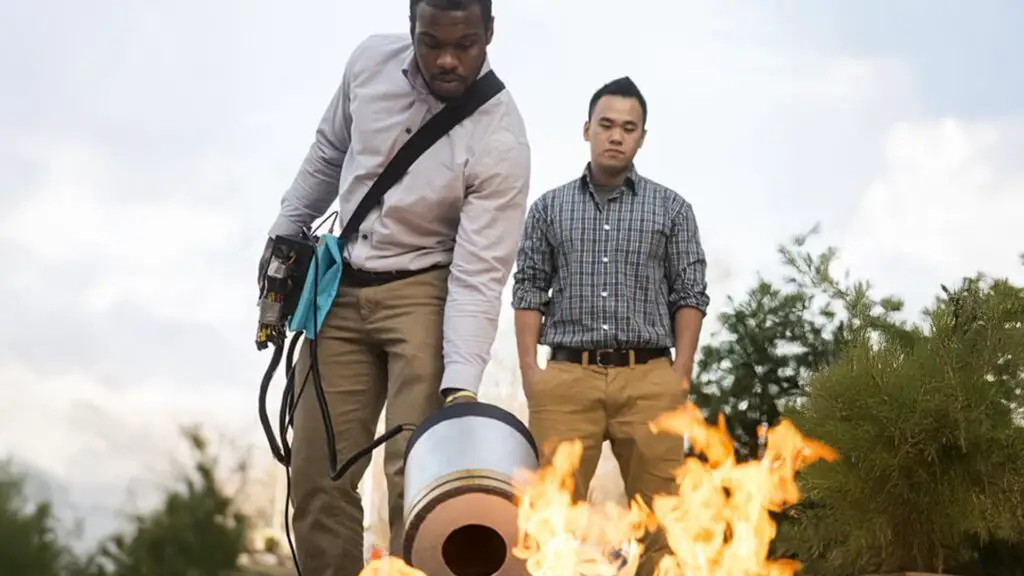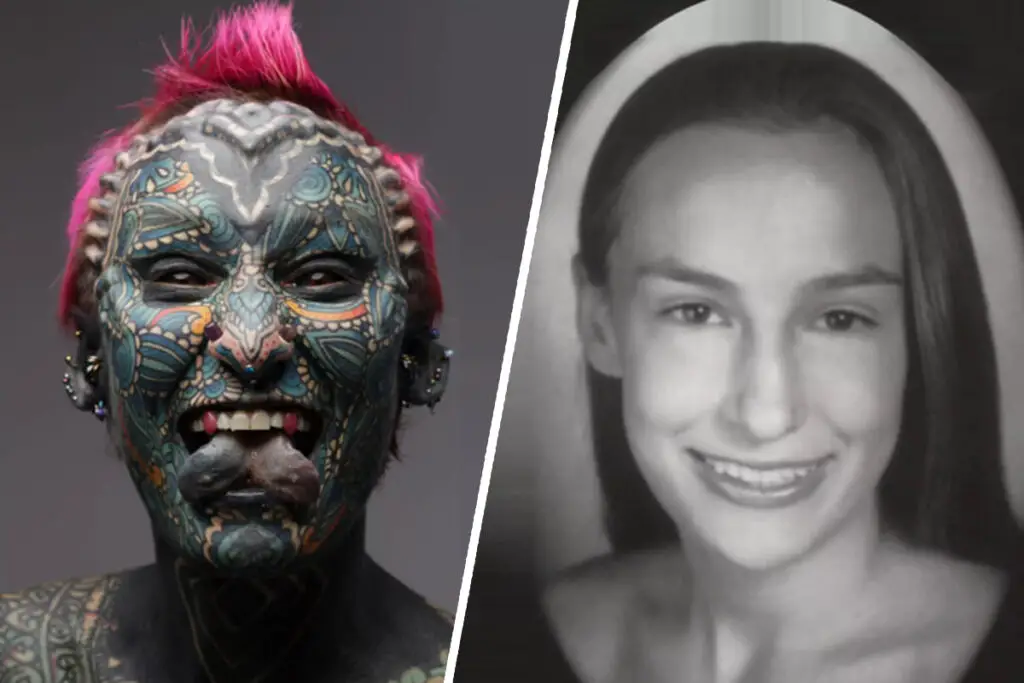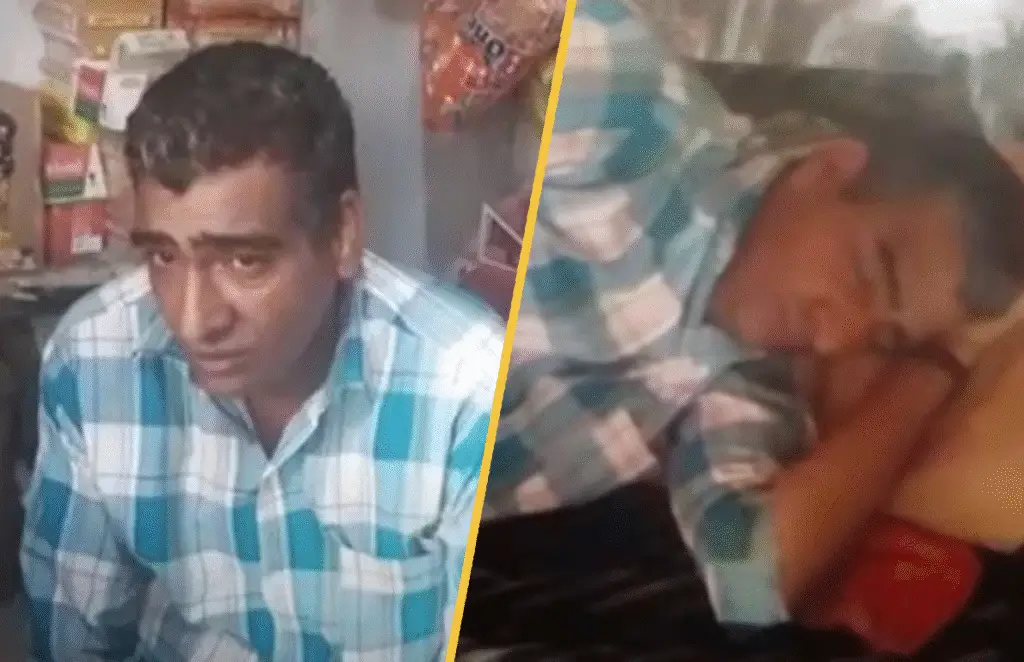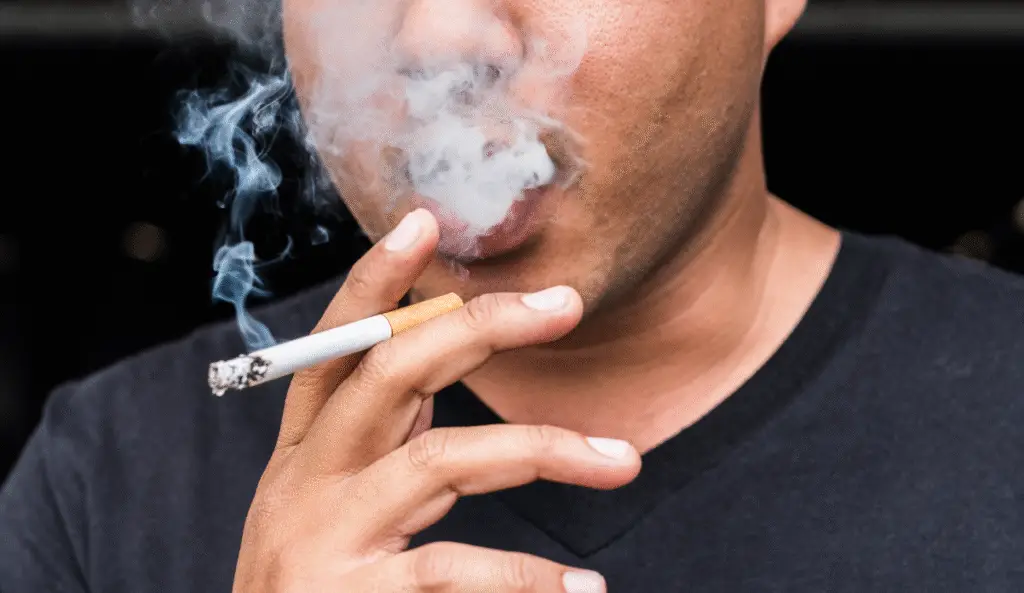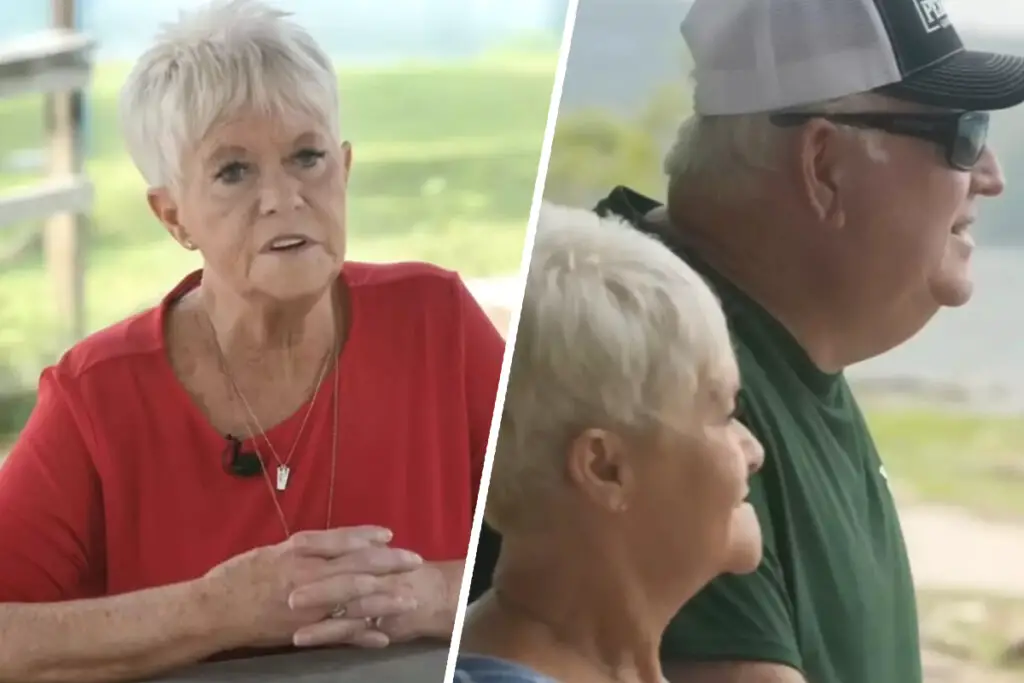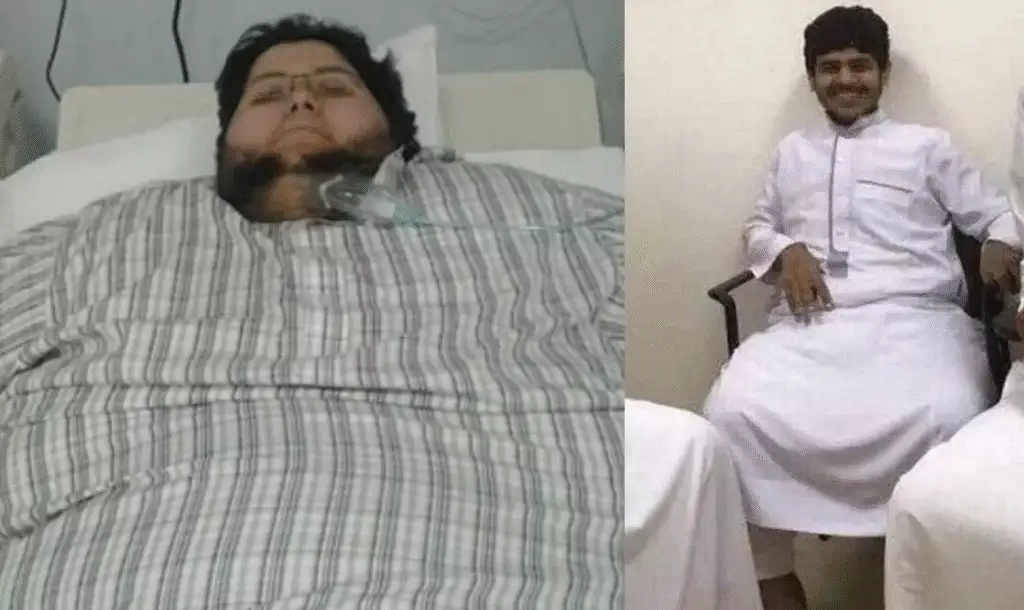Bhopal Gas Tragedy: Unraveling the Alleged Quid Pro Quo That Let Warren Anderson Escape Justice

Imagine waking up to a nightmare where the air itself turns deadly. On December 2-3, 1984, in Bhopal, Madhya Pradesh, that’s exactly what happened.
Tons of lethal methyl isocyanate (MIC) gas leaked from the Union Carbide India Limited (UCIL) pesticide plant, owned by the American corporation Union Carbide (UCC).
It wasn’t just an accident—it became the deadliest industrial disaster in history.
Over 15,000 lives were snuffed out, with official counts citing around 5,295 immediate deaths, though NGOs estimate over 25,000 long-term.
More than 600,000 people were left grappling with lifelong health horrors—respiratory issues, cancers, blindness, and birth defects.
The tragedy didn’t stop at corporate negligence; it exposed a system where lives became bargaining chips.
Warren Anderson’s Arrest and Swift Release
At the heart of the scandal was Warren Anderson, UCC’s chairman. He flew into Bhopal on December 7, 1984, supposedly to manage the fallout.
Public outrage was at a boiling point, demanding accountability. Local police arrested him on arrival, based on a written order—a rare moment where justice seemed possible.
But that glimmer of hope? It lasted less than two hours. Madhya Pradesh’s Congress Chief Minister Arjun Singh ordered Anderson’s release on a measly Rs 25,000 bail bond.
Singh didn’t just sign off—he personally ensured Anderson was escorted to Bhopal’s airport in a government vehicle.
From there, Anderson hopped a flight to Delhi and fled to the US, never to return for trial.
It’s like handing a get-out-of-jail-free card to the guy whose company poisoned a city.
The Orchestrated Escape: A Political Betrayal
Anderson was briefly under house arrest at a guest house, but the Congress-led state government moved fast to secure his bail and exit.
This swift escape has been slammed as a betrayal of justice. Who gave the final nod?
Swaraj Puri, Bhopal’s Superintendent of Police at the time, said the release came via an oral order from “higher-ups.”
The identity of these bosses remains murky, but evidence increasingly points to Prime Minister Rajiv Gandhi himself.
Moti Singh, Bhopal’s collector during the disaster, revealed Anderson used the guest house landline to contact US individuals, likely coordinating his getaway.
These details paint a picture of a meticulously planned escape, not a spur-of-the-moment decision.
The Blame Game: Arjun Singh’s Claims and Contradictions
Arjun Singh, in his autobiography A Grain of Sand in the Hourglass of Time, pointed fingers at the Union Home Ministry under P.V. Narasimha Rao for Anderson’s release.
But here’s the twist—R.D. Pradhan, the Home Secretary, refuted this, noting he didn’t assume office until January 1985, weeks after Anderson’s flight.
Pradhan suggested Singh’s claims were made under pressure from Sonia Gandhi to shield Rajiv Gandhi.
Pradhan even hinted at “external pressure” from a “powerful Italian lady,” widely understood to be Sonia Gandhi.
It’s wild how family ties seem to twist official narratives, leaving victims in the dust.
The Quid Pro Quo: A Deal with the US?
Here’s where it gets sinister—an alleged quid pro quo between Rajiv Gandhi and the US government.
At the center was Adil Shahryar, son of Mohammad Yunus, a close Nehru-Gandhi family confidant and Indira Gandhi’s aide.
Shahryar was serving a 35-year sentence in the US for fraud, arson, and explosives possession—serious stuff like trying to extort $2 million by threatening to bomb a Miami hotel.
Convicted in 1982, Shahryar got a presidential pardon from Ronald Reagan on June 11, 1985—the exact day Rajiv Gandhi began his state visit to Washington.
Coincidence? Hardly. Reports suggest Yunus pressured Rajiv, possibly threatening to spill family secrets, like Jawaharlal Nehru’s alleged role in Netaji Subhas Chandra Bose’s disappearance.
External Affairs Minister Sushma Swaraj later called it a straight-up deal: Anderson’s freedom for Shahryar’s.
A Legacy of Impunity: Anderson’s Life as a Fugitive
Anderson was declared a fugitive by Indian courts and remained so until his death in 2014 at age 92, living comfortably in the Hamptons while Bhopal’s victims suffered.
Extradition demands in 1991 and 2003 went nowhere; the US rejected a 2004 bid, citing insufficient evidence. It’s infuriating to think justice was so close, yet so far.
The CBI took over the case days after the leak, but progress stalled.
In 2010, eight former UCIL employees were convicted, but their two-year sentences—most overturned on bail—felt like a slap on the wrist.
Dow Chemical, which acquired UCC in 2001, denied liability, leaving victims with a measly $470 million settlement from 1989, worth about $500 per survivor after fees.
Victims Left in the Lurch: Ongoing Suffering
The human toll is staggering. Around 8,000 died in the weeks following the leak, with half a million exposed, many blinded or crippled.
Women suffered miscarriages; children were born with defects.
Contaminated groundwater continues to poison new generations, and hospitals overflowed with inadequate aid.
Activists argue the settlement, upheld by the Supreme Court in 1991, should be worth billions today.
Groups like the Bhopal Gas Peedit Mahila Stationery Karmchari Sangh keep fighting for cleanup and compensation, but the abandoned UCIL plant remains a toxic monument.
It’s heartbreaking—decades later, the pain persists with little relief.
Congress’s Culture of Unaccountability
In my view, this saga exposes Congress’s callous disregard.
Prioritizing a family friend’s son over thousands of grieving families? That’s not just negligence; it’s a betrayal of governance.
Yunus’s influence and alleged threats about family secrets add a scandalous layer, almost too wild to believe.
The government’s initial downplaying of the leak delayed evacuations, costing lives.
Anderson’s promise to return for trial? Empty words.
The Congress leadership’s bureaucratic blame-shifting—Singh pointing at Rao, Pradhan pointing at Sonia—shows a party dodging accountability at every turn.
A Demand for Truth: Bhopal’s Unfinished Justice
Four decades on, Bhopal’s scars run deep.
Recent claims, like those from BJP MP Nishikant Dubey in 2025, keep the controversy alive, alleging Reagan personally called Rajiv to secure Anderson’s release.
The truth about Anderson’s escape, Rajiv’s role, and the quid pro quo needs to be dragged into the light.
Bhopal isn’t just a tragedy—it’s an indictment of a system where power and loyalty trump justice.

